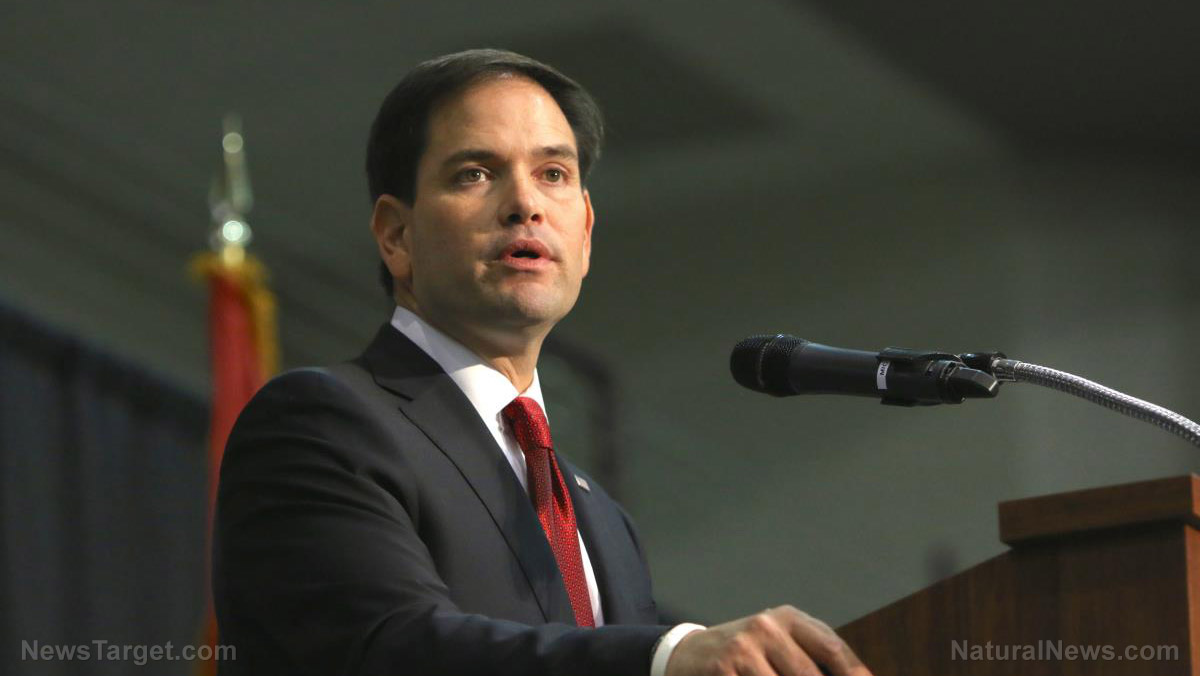 Parler
Parler Gab
Gab
- German Defense Minister Boris Pistorius firmly rejected U.S. President Donald Trump's call for NATO members to increase military spending to five percent of GDP, stating that it would be financially and politically unfeasible for Germany.
- Pistorius highlighted that allocating five percent of GDP to defense would equate to 42 percent of Germany's federal budget, amounting to €230 billion ($236.5 billion). This would necessitate drastic cuts in essential areas such as education, healthcare and infrastructure, making it an unrealistic proposition.
- While acknowledging the need for increased defense investment, Pistorius emphasized the importance of a balanced approach. He stressed the need to communicate threats to citizens and demonstrate the most effective ways to ensure security, underscoring the importance of public support and fiscal responsibility.
- Trump's demand for higher defense spending is part of his broader strategy to recalibrate the U.S. role in global alliances. His transactional approach and warnings about not defending countries that do not meet their financial commitments have heightened tensions within NATO.
- Lithuanian President Gitanas Nauseda expressed support for the five percent target, citing ongoing security concerns due to Russia's actions, particularly in Ukraine. This reflects the persistent geopolitical tensions in Eastern Europe and the varying perspectives within NATO on defense spending and security priorities.
Russia's perspective
Russian President Vladimir Putin has dismissed allegations of his country's aggressive intentions towards NATO as "nonsense" and "utter rubbish." In a statement last year, Putin argued that such claims are made by Western politicians to deceive their constituents and justify increased defense spending and aid to Ukraine. "In Ukraine, we are just protecting ourselves," he insisted. Putin's remarks highlight the complex geopolitical dynamics at play, with Russia viewing NATO's expansion as a direct threat to its national security. This ongoing tension underscores the importance of dialogue and diplomacy in addressing the security concerns of all parties involved. While Germany acknowledges the need to increase its defense spending, Pistorius emphasized that the focus should be on "explaining to our citizens what threats we face and showing them the best possible way to protect ourselves." This approach suggests a commitment to transparency and public engagement in shaping Germany's defense policy. Head over to Trump.news for stories related to this. Watch the video below that talks about Trump's call for an increase in NATO defense spending. This video is from the TrendingNews channel on Brighteon.com.More related stories:
Germany halts new military aid to Ukraine amid budget shortfall. Germany to DOUBLE its military aid spending for Ukraine in 2024. Germany to STOP sending military aid to Ukraine over claim of Zelensky's Nord Stream pipeline sabotage.Sources include:
RT.com BigNewsNetwork.com Brighteon.comWhite House’s funding freeze fiasco: A test of conservative principles or political propaganda?
By Willow Tohi // Share
Israel and Ukraine forming an alliance?
By Lance D Johnson // Share
Egg-flation hits the Big Apple: New Yorkers scramble for affordable options
By Willow Tohi // Share
USAID in turmoil: Trump and Musk wage war on DEEP STATE GLOBALISM disguised as international aid
By Willow Tohi // Share
Cartels unleash drone bombs on U.S. border patrol: A new era of cross-border warfare
By Willow Tohi // Share
Trump repeats call for complete ethnic cleansing of Gaza after Netanyahu meeting
By newseditors // Share
Death toll in Gaza surges to over 61,000, raising concerns over war's aftermath
By bellecarter // Share
Egg-flation hits the Big Apple: New Yorkers scramble for affordable options
By willowt // Share










